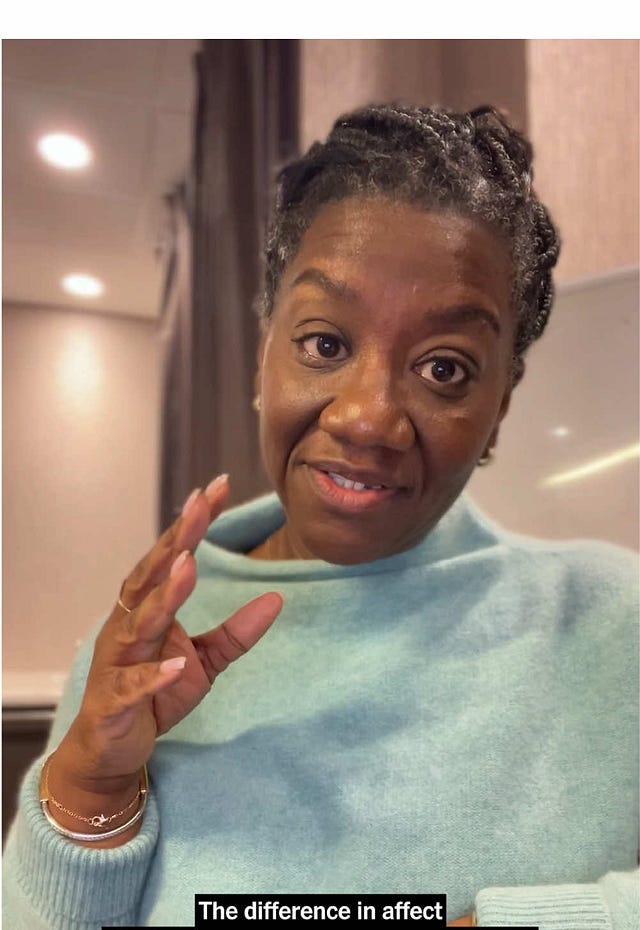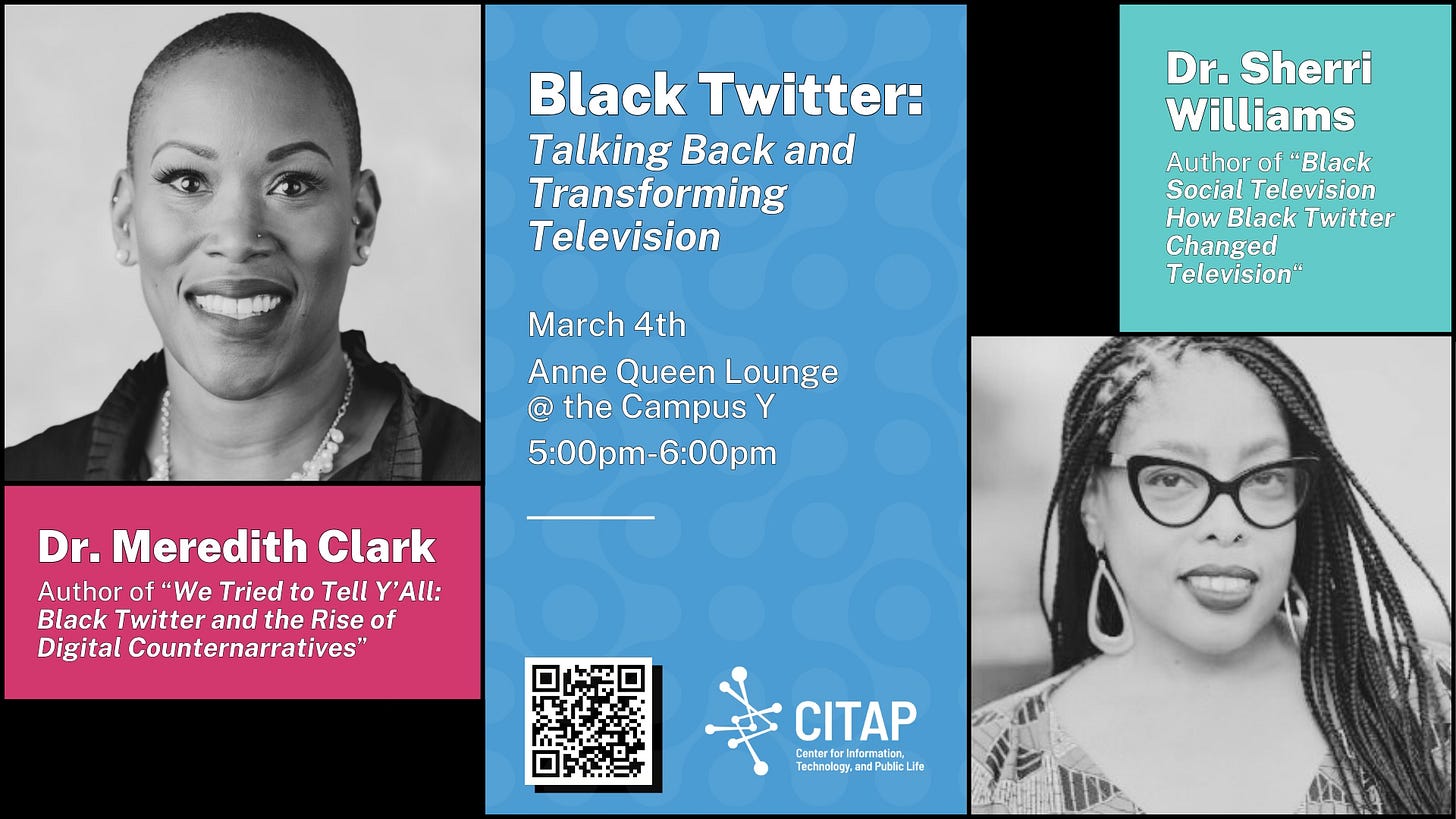The Politics of Digital Spectacle
How Power Plays Out Across Platforms, Propaganda, and Public Discourse
The Spectacle is the Strategy
Elon Musk’s chaotic leadership is not just spectacle—it is a deliberate strategy to undermine democratic institutions, argues Tressie McMillan Cottom in The New York Times. Musk has allegedly facilitated Trump’s takeover of critical government functions, from seizing control of financial systems to disrupting humanitarian work. “His mission is not just to dismantle the federal government, but to demoralize it.” By turning bureaucratic disruption into political theater, Musk fuels an ecosystem where government agencies are framed as villains, and chaos is repackaged as heroism.
His mission is not just to dismantle the federal government, but to demoralize it.
Musk’s ability to frame institutional takeovers as gamified battles against so-called corruption distorts reality, keeping audiences engaged while masking the long-term consequences. This strategy thrives on digital propaganda, turning complex policy maneuvers into viral content that obscures truth and fosters political disengagement. The constant churn of attention-grabbing stunts creates an emotional feedback loop that benefits those in power while keeping opponents confused and reactive.
Ultimately, Tressie argues that Musk’s chaos-driven content is crucial to Trump’s second-term ambitions: it disorients the public while consolidating power. The goal is not just distraction but control, using digital spectacle to mask institutional sabotage. Opposition cannot simply point out hypocrisy—it must take meaningful action to resist the deliberate erosion of governance.
You acknowledge that the chaos is smoke, but the heist is the fire. Don’t look away from the smoke. Look through it for what is being taken, redefined and reallocated. Stop pointing out the hypocrisy. The other side does not care. Its content makes the people there feel powerful but action is the only real power.
Watch Tressie break it down in this TikTok on the [@NYTopinion] page 👇

 Tiktok failed to load.
Tiktok failed to load.Enable 3rd party cookies or use another browser
Wikipedia Does All the Work, Reddit Gets the Upvotes /s
The paper "WikiReddit: Tracing Information and Attention Flows Between Online Platforms" by Patrick Gildersleve and CITAP Authors Anna Beers, Viviane Ito, Agustin Orozco, and Francesca Tripodi examines how information circulates between Wikipedia and Reddit, highlighting their interconnected role in shaping public discourse. The researchers developed a multilingual dataset capturing all Wikipedia links shared in Reddit posts and comments from 2020 to 2023, excluding private and NSFW subreddits. This dataset includes revision histories, page views, and metadata, allowing researchers to analyze how Wikipedia articles are used for deliberation, fact-checking, and engagement on Reddit. While Wikipedia is referenced less frequently on Reddit over time, the impact of those references remains stable. Articles linked on Reddit tend to see a temporary spike in page views, but the influence on editing activity is much weaker. Additionally, the study underscores the dominance of English in both platforms, though significant cross-lingual linking occurs.
Wikipedia content is consumed and repurposed on social media, often without direct reciprocal benefits for Wikipedia itself. Private platforms gain from Wikipedia’s open-access model without necessarily contributing back, called the “paradox of reuse.” The study suggests that Reddit's role as a knowledge-sharing space remains complex, with users relying on Wikipedia for verification while also shaping public understanding through their discussions.
When Satire and Conspiracy Collide
In "True Believers, Entertainers, and Skeptical Scholars: Claims and Frames on Conspiracy TikTok," CITAP affiliates Courtlyn Pippert, Katherine Furl, and Alice Marwick explore how conspiracy theories thrive on TikTok through different user roles and engagement strategies. Conspiracy content isn’t just spread by hardcore believers—it's also fueled by those who treat it as entertainment and those who attempt to debunk it. TikTok users engaging with these narratives generally fall into three categories:
True Believers - Promote conspiracy theories as fact
Entertainers - Lean into sensationalism for humor or engagement
Skeptical Scholars - Analyze and refute claims
While each group interacts with conspiracy content differently, their combined activity helps shape how these narratives circulate and persist on the platform.
TikTok’s algorithm plays a key role in this process, amplifying conspiracy content based on engagement rather than credibility. Even when creators attempt to debunk or parody conspiratorial claims, the platform’s recommendation system often ends up boosting visibility rather than diminishing influence. The participatory nature of TikTok, through affordances like duets, stitches, and comment sections, further blurs the lines between fact and fiction, allowing conspiracies to evolve through repetition and reinterpretation. By turning misinformation into viral content, both skeptics and entertainers can inadvertently reinforce the narratives they aim to challenge. Addressing the spread of conspiracy theories on TikTok requires more than just content moderation but rather a deeper understanding of how framing and engagement influence what users see and believe.
Banning Books & Shaping Narratives
The recently published book, Media Propaganda in an Age of Disinformation, contains the chapter "Beyond the Shelves: Investigating Propaganda in the Library" by Miranda Clinton, CITAP Affiliate Ellen Perleberg, and Principal Investigator Francesca B. Tripodi. The chapter examines the rise in book challenges across U.S. public libraries and the role of political propaganda in fueling these efforts. Since 2020, book challenges have surged at unprecedented rates, disproportionately targeting works by BIPOC and LGBTQ+ authors. This phenomenon is situated within the framework of "parental rights politics," highlighting how organizations such as Moms for Liberty and BookLooks have weaponized social media and coordinated activism to influence public opinion and pressure schools and libraries into restricting access to certain books.

Using data from the American Library Association (ALA), BookLooks' rating reports, and Moms for Liberty's "Book of Books," the authors analyze the statistical impact of these groups, revealing a 500% increase in book challenges from 2020 to 2022 for titles featured in their messaging. The study argues that content produced by these organizations constitutes political propaganda, strategically designed to shape public discourse, redefine terms like "gender ideology" and "explicit content," and advance conservative ideological goals under the guise of child protection. By leveraging digital platforms, these groups amplify their influence, manufacture moral panic, and reinforce systemic inequities in literary representation. Book challenges have evolved from isolated parental concerns into a coordinated political strategy with profound implications for intellectual freedom and democracy.
Join CITAP for “Black Twitter: Talking Back and Transforming Television”
If you’re in the Triangle, don’t miss CITAP’s upcoming event on Tuesday, March 4, 2025, from 5:00–6:00 PM at the Anne Queen Lounge for “Black Twitter: Talking Back and Transforming Television,” a conversation between Dr. Meredith D. Clark and Dr. Sherri M. Williams on the power of Black digital communities in shaping media, activism, and cultural discourse. RSVP here!
Clark, author of We Tried to Tell Y’All: Black Twitter and the Rise of Digital Counternarratives, examines how Black social media users have created vital spaces for resistance and storytelling. Williams, author of Black Social Television: How Black Twitter Changed Television, explores how Black Twitter has transformed the television industry by challenging traditional gatekeepers and shaping representation. Together, they’ll discuss the legacy of Black digital activism, the evolving role of social media, and the future of Black online communities.






